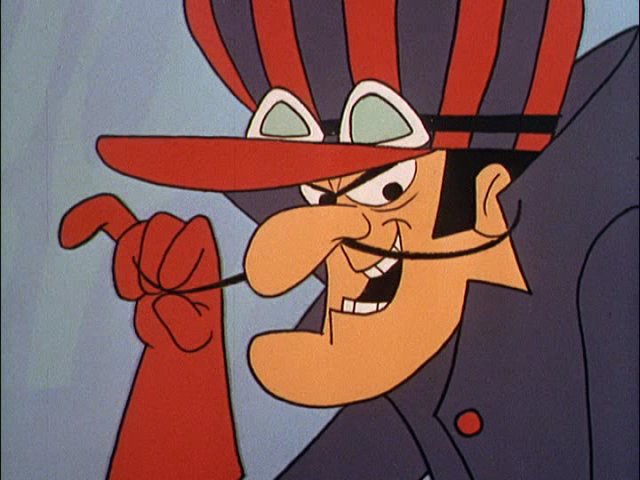Adwords and similar pay per click campaigns can be one of the most confusing parts of digital advertising, especially if you are not as internet savvy as you’d like to be.
Even if you are internet savvy, PPC campaigns can be confusing—they’re multifaceted and require significant amounts of research and analysis.
In some instances, it is best to leave AdWords up to a professional—but if you want to know what your professional is doing or even want to take on a campaign yourself, here are ten expert tips to make your campaign effective:
1. Get to know AdWords.
Learning Google AdWords is a little bit like learning a new language—you can take all the courses you want, but the best and fastest way to learn how to use it is immersion.
If you aren’t willing to spend some time just getting to know the website and learn all of its intricacies and functions, you’re probably going to be missing out on a lot of what it has to offer.
Don’t be so concerned with getting everything perfect the first time that you do it that you aren’t willing to click around the website and see how different features affect your campaign.
2. Don’t narrow down your keyword list immediately.
It can be tempting to try a bunch of keywords and then immediately narrow in on the ones that start out-performing the others.
This, however, might not be the best way to actually run your campaign.
While there may be keywords that immediately seem to be the front-runners, keeping the lower performing keywords might reveal an area that yes, has fewer clicks, but also has less competition, which in turn can create a snow ball effect that improves the efficacy of your whole campaign.
3. Target your ads for higher click through rates.
The higher your click through rate is, the more help you’ll get from Google when it comes to getting your paid ad in front of people.
They only make money if someone clicks on your ad, so if lots of people are clicking on your ad, they’ll try to put it in front of more searchers.
Very targeted ads are more likely to have higher click through rates, so making sure that your keywords and copy are very targeted will be much more effective than having generic keywords and copy.
4. Take measurements.
This is one of the areas that amateurs often forget.
If you don’t know where you stand, you can’t know where you need to go.
Luckily, AdWords tracks the most important data for you, including how often someone clicks through your link and even your cost per click.
However, if you’re not making an effort to track things like your cost per action (CPA), that will tell you how much money you are spending to order to get site visitors to take the desired action, then you won’t really know if you are spending your ad budget wisely.
5. Stop optimizing for costs per click.
You are probably currently optimizing your campaign to get as many clicks as possible, for as little money as possible.
Google’s only goal is to get people to click on your link.
Your goal should be to get those that do click on your link to stick around and take action.
That usually has additional costs.
They’re related—but not exactly the same.
Google is only going to bring you clicks, you have to optimize your website for actions.
6. Get to know your business.
If you don’t know your business inside and out, you are going to have trouble coming up with low competition, high search keywords.
Why?
Because searches for general information are already going to be overrun with businesses trying to attract searchers’ attention.
What you want are the searchers looking for something very, very specific.
Those are the areas where you are going to be able to attract attention—but you won’t know what those areas are until you understand your business thoroughly.
7. Test and revise.
This is another mistake that many amateurs make—they may run a short test at the beginning of the campaign, to see which keywords are performing well, and then they pick those keywords and never tweak them ever again.
This just isn’t the best way to approach a campaign like PPC.
You have to be constantly testing and revising your keywords and copy.
You never know what might work a little bit better or bring in a few more clicks.
8. Make use of negative keywords.
If there are keywords that you do not want your ad to show up for, you can enter those into your campaign.
Why would you want to?
Because you are looking for very targeted traffic.
You don’t want just any traffic.
That’s not traffic that will actually click on your links.
If there are related keywords that you are likely to trigger for, but are not search results where your link actually belongs, make those negative keywords.
9. Create goals.
If you have conversion goals, you will be much more motivated to actually work on your AdWords campaign.
One of the biggest mistakes you can make is to not set goals for yourself.
Whether you want to reach a certain number of clicks per month (good), page views per month (better), or conversions per month (best), having goals will propel you forward and can be great impetus to adjust a campaign that just isn’t working anymore.
10. Pay attention to the trends.
Not all trends are going to work.
Some trends can even hurt your campaign.
But there are going to be real changes to PPC in the future.
Not paying attention to them and staying on top of new developments can kill your campaign.
STILL HAVE QUESTIONS ABOUT PAY PER CLICK?
Contact 814 Interactive now for your free consultation! We provide a quick and actionable review of your digital marketing and provide you with a strategic plan to bring you MORE TRAFFIC, MORE CLIENTS, & MORE PROFIT!!






